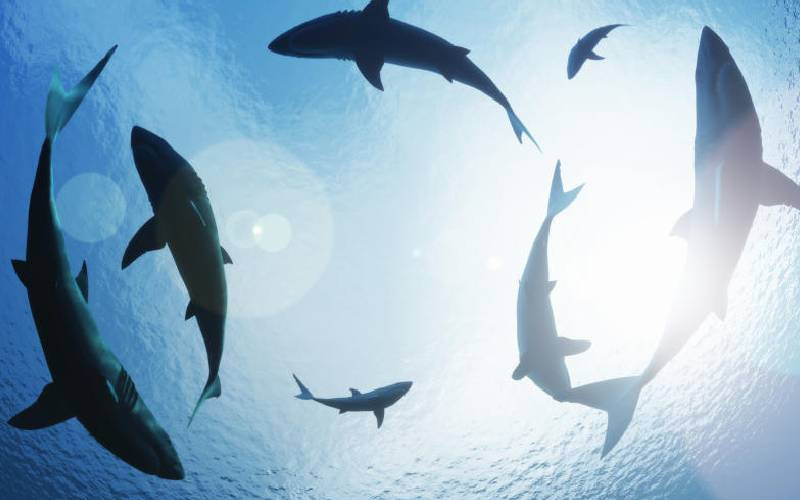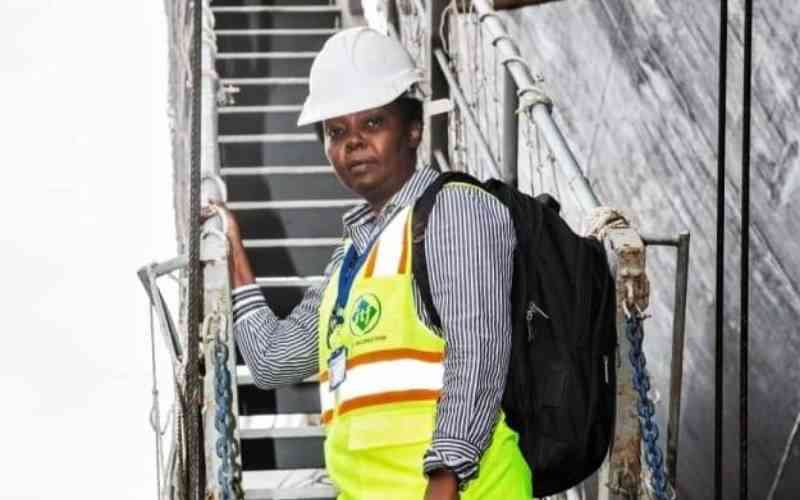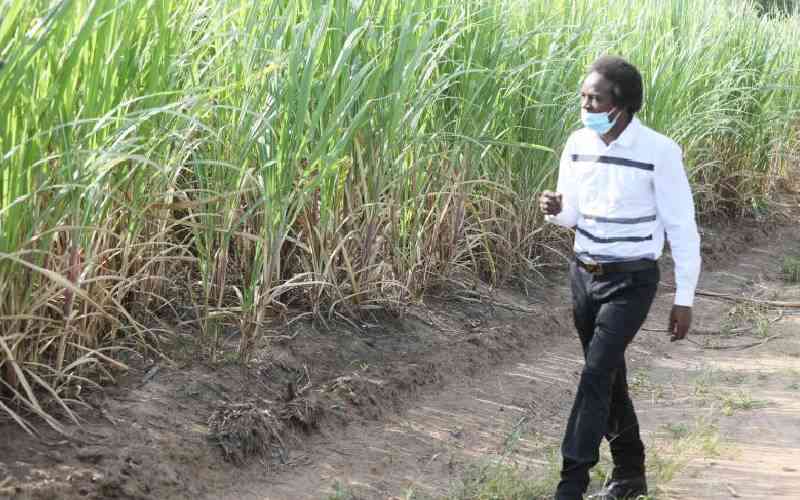
Three Kenyan fishermen are among foreigners arrested by authorities in Madagascar for illegal fishing of sharks.
International Transport Workers Federation (ITF) Mombasa port inspector, Betty Makena, said she received information on the arrest of the Kenyans alongside Sri Lankans on Monday last week.
"Their identities (Kenyans) remain unknown to us. We suspect that they might have been recruited by some bogus agencies and we are making a follow-up with the ITF office in Madagascar and South Africa for help,’’ she said.
Separately, The Standard is in possession of an official letter from the Kenya Fisheries Services (KFS) approving what appears to be the same vessel to carry out fishing and fish processing activities in Kenya that includes mid-water trawling beyond five nautical miles from the baseline off Shimoni in Kwale county.
The Kenyan-flagged boat, 'Maab Aqua,' measures 14.25 meters long and five meters wide with a crew of eight foreign fishermen-three Kenyans and five Sri Lankans.
The boat was found carrying 5,210 kilograms of fresh sharks, 135 kilograms of salted sharks and 70 kilograms of shark fins.
The vessel also had 250 kg of other fish, contrary to Article 37 of Madagascar's fisheries code, which states that no vessel may fish in its waters without a proper license.
"Please note that they do not have a fishing license from the Ministry of Fisheries and Blue Economy to fish in the sea of Madagascar during the investigation," the Madagascan Ministry of Fisheries announced on Facebook.
- Clinical officers threaten strike over enrolment in SHA system
- Rethink new health model to save Kenyans from high medical costs
Keep Reading

Madagascar is home to nearly 80 species of sharks, 37 of which are threatened and listed on the International Union for Conservation of Nature (IUCN) red list.
Despite efforts to combat illegal fishing, sharks continue to be targeted for their fins which are valued at about Sh7,000 per kilo on the world market.
Kenya has recently taken several steps to crack down on illegal fishing to grow its ocean economy.
In mid-March 2022, the country ratified the Cape Town Agreement (CTA) and the International Convention on Standards of Training, Certification and Watchkeeping (STCW-F) for Seafarers.
The CTA, adopted by the International Maritime Organisation (IMO) in 2012, specifies standards and regulations for fishing vessels to protect crews and fishing observers, according to the Pew Charitable Trusts.
Kenya is also building a DNA database for its marine species to conserve its maritime resources in the face of widespread illegal fishing.
The exercise involves collecting species and cataloging them to help the government prosecute cases of illegal fishing within its territorial waters.
Since the programme began in 2022, Kenya has produced barcodes for about 115 species, including sharks, rays, crustaceans, and molluscs.
 The Standard Group Plc is a multi-media organization with investments in media platforms spanning newspaper print
operations, television, radio broadcasting, digital and online services. The Standard Group is recognized as a
leading multi-media house in Kenya with a key influence in matters of national and international interest.
The Standard Group Plc is a multi-media organization with investments in media platforms spanning newspaper print
operations, television, radio broadcasting, digital and online services. The Standard Group is recognized as a
leading multi-media house in Kenya with a key influence in matters of national and international interest.











